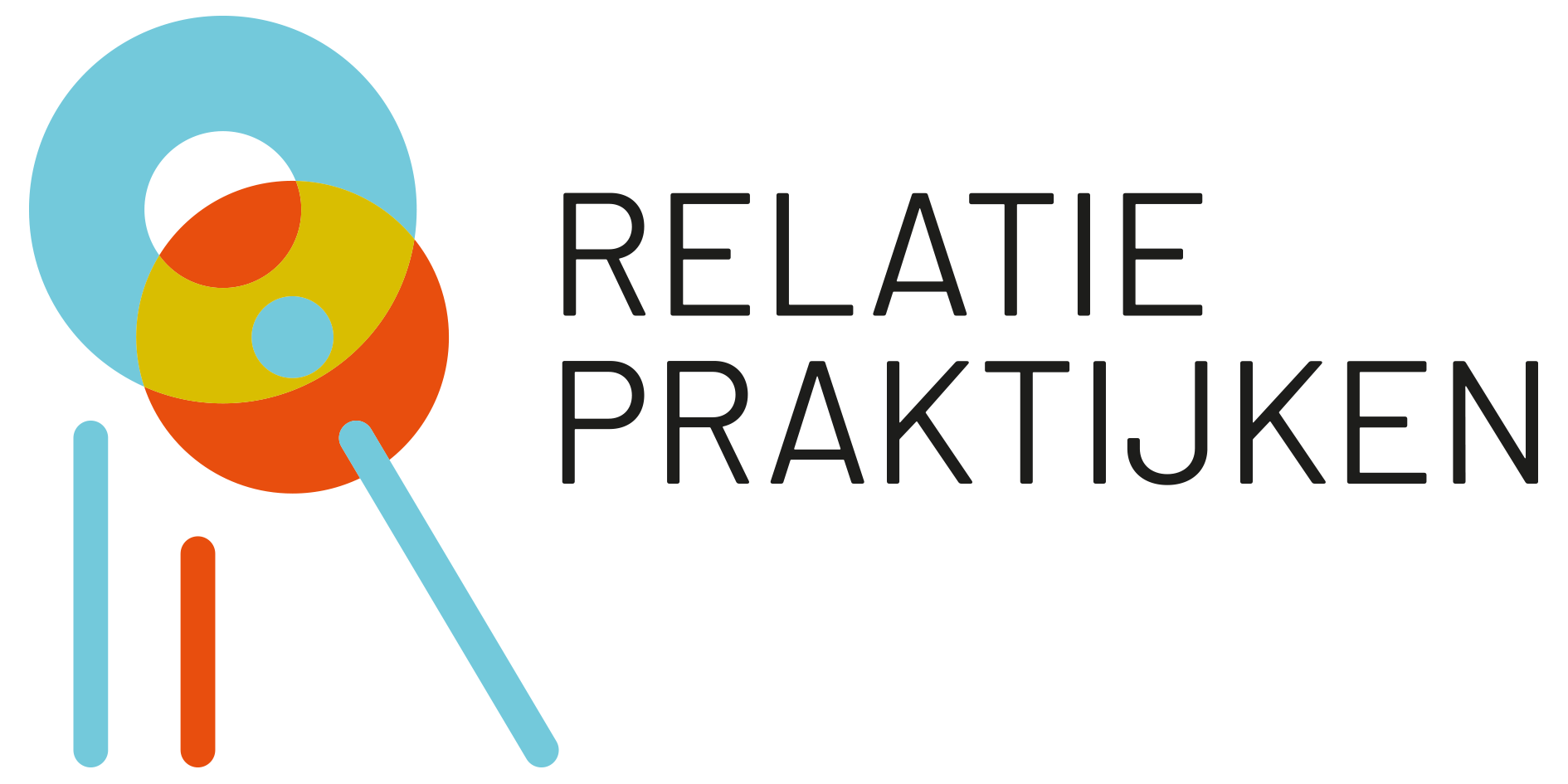FREQUENTLY ASKED QUESTIONS
It is of course possible that the information on this website leads to further questions. You may still find answers to your questions below. We also invite you to ask any questions you may have by e-mail. We aim to respond within 24 hours.
WHAT ABOUT REIMBURSEMENT?
Whether you are eligible for reimbursement from your health insurer depends on a number of things:
- There must be a mental disorder for which you have been referred by your GP.
- We work largely without contracts with health insurers, which means that you have to take a good look at how you are insured.
- With in-kind insurance you often only get a limited amount reimbursed. With a good reimbursement policy you have a free choice of doctor and the chance of 100% reimbursement.
WHEN IS THERAPY NOT SUITABLE?
Therapy can almost always be an added value. But if you use drugs and/or alcohol on a regular basis, then therapy is of no use. If you suffer from psychosis, it is better to have it treated first and then start relationship or family therapy.
WHEN TO CHOOSE THERAPY AND WHEN TO WORKOUT?
If there have been problems in the relationship or the family for a long time, it is best to opt for therapy. If there are only some breaks in the connection, then a workout is suitable. Sometimes couples also participate in one of the trainings as a ‘booster’ in an ongoing treatment process.
Friends of ours did an INTENSIVE RELATIONSHIP WEEKEND. How is it different from an INTENSIVE?
Your friends have done the KeepMeVast training for parents with young children. This is training in a group with other parents. An Intensive is an intensive form of couples therapy in which a couple works one-on-one with a therapist in three half-day sessions (Friday/Saturday/Sunday) to improve their relationship. So that’s very exclusive.
WHAT DOES AN EFT THERAPIST DO?
An EFT therapist specializes in EFT. EFT is like a journey of discovery where you get to know each other (and often yourself) better. You learn to see what influence you have on each other and what your behavior triggers in your partner. You are learning to understand why you do what you do. Our behavior is driven by emotions. EFT helps to get to that deeper level and learn what you actually need in moments when you are being touched by your partner. You will learn to talk about this together. Because if you can let them know that you are afraid that you are not important, for example, instead of getting angry or withdrawing, then the other person can understand you better and respond better to you. With EFT you will learn to create a solid foundation from which you can move forward together. One of our therapists guides this process of change at a pace that suits you. Short if possible and long if necessary. EFT couples therapy has three phases: the de-escalation phase, the change phase and the perpetuation phase.
DO YOU ALWAYS HAVE TO COME WITH YOUR PARTNER?
If you come for couples therapy, we ask you to come immediately for the first conversation with the two of you. Sometimes we do an individual conversation afterwards and, if necessary, even an individual trajectory.
But it could also be that you are not in a relationship and would like to have conversations about how you handle relationships. Then you are also very welcome.
CAN WE HAVE THERAPY IN ENGLISH?
Yes, you can. Although we’re no native speakers, that has been no problem in working with couples or families so far.
